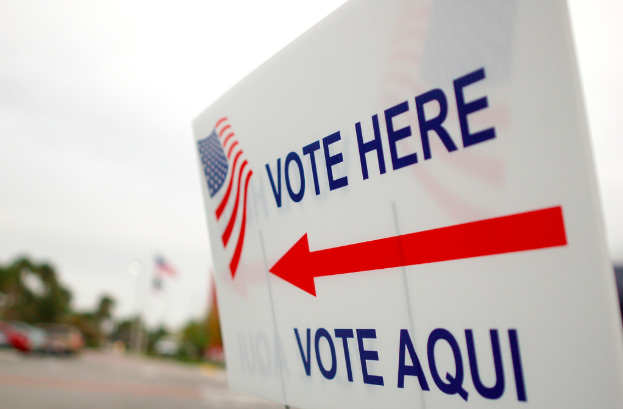Midterm elections are coming up, and they’re likely to be the most impactful events of 2018 in the US. Both houses of Congress are up for grabs and many state and local races will have significant effects on public policy. Conflicts over hot-button issues like abortion, gerrymandering, immigration, healthcare, trade and gun control have flared up over these past two years and young voters are more energized than ever. Whether you are a Democrat, Republican, Independent or support a third-party, voting in this election can substantially shift U.S. foreign and domestic policy.
Before you can vote, however, you must first fulfill the requirements for registering to vote in your state. In all states, you must be a U.S. citizen, be a citizen of the state you are registering to vote in, and not have been declared mentally incompetent in court. In D.C. and Maryland, you can pre-register to vote at age 16 but you cannot vote until age 18.
In Virginia, you can only pre-register if you are 17 and are turning 18 before the next general election. Convicted felons are barred from voting until they have fulfilled their sentences in Maryland or D.C. or have had their rights restored in Virginia. Additional eligibility and ID requirements for registration can be viewed here for D.C., here for Maryland and here for Virginia.
If you do not meet the requirements to vote, your ability to impact politics is limited to volunteering, donating to campaigns and encouraging others to vote. However, while minors and foreign nationals with green cards can donate to political campaigns, foreigners without permanent residence in the U.S. are forbidden from making campaign contributions.
If you are eligible and have registered to vote, you need to find out where to vote. Google provides a convenient tool for finding your polling place. Simply enter your home address and Google will give you your polling place and voting hours.
In DC, the most impactful races are local. DC is not represented in the Senate and only has one non-voting delegate to the House of Representatives. However, both the mayor and several DC councilmembers from different wards are up for reelection. In the mayoral race, Incumbent Muriel Bowser (D) is only facing third party and independent candidates. She has no Republican challenger.
In Maryland, the governor’s mansion, a Senate seat and all 8 representatives are up for re-election. Popular incumbent governor Larry Hogan (R) appears to be poised for reelection in the race against democratic socialist Ben Jealous (D), despite Jealous’ endorsements from influential figures like Vermont Senator Bernie Sanders.
Maryland Senator Ben Cardin (D) appears to be secure in his race for reelection against college professor and army veteran Tony Campbell (R). In the House of Representatives elections, all incumbents appear secure with the exception of Rep. John Delaney (D), who has retired to run for president in 2020.
In Virginia, Democratic Senator and former vice presidential nominee Tim Kaine is running for reelection against prominent Trump supporter Corey Stewart. All 11 house seats from Virginia are also up for reelection. Depending on which congressional district you live in, the candidates up for election will be different.
All of these candidates could be your next governors, representatives or senators. By voting, you can help decide which ones.
By Nicolas Greamo


































































